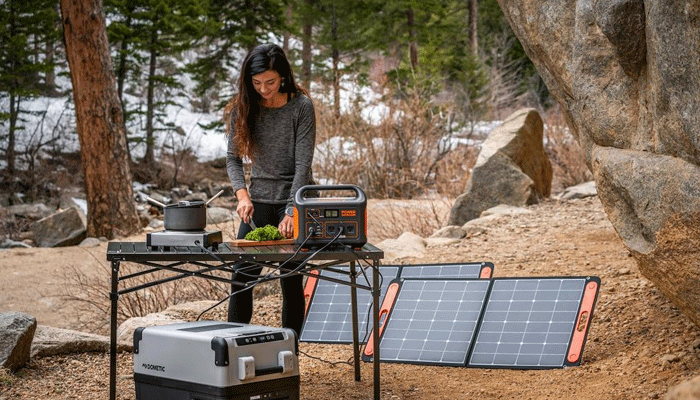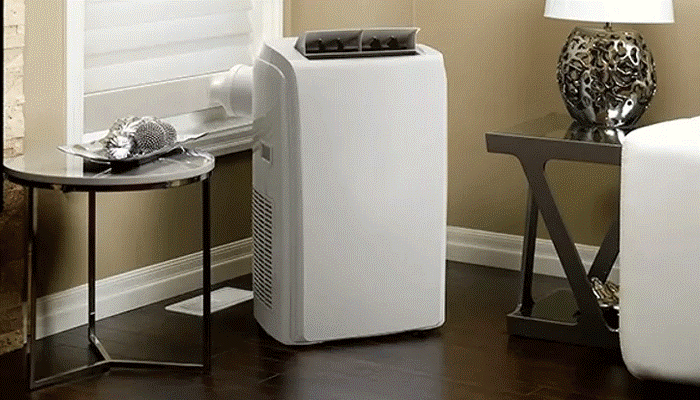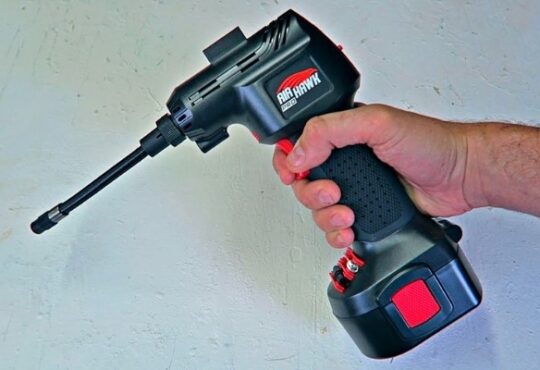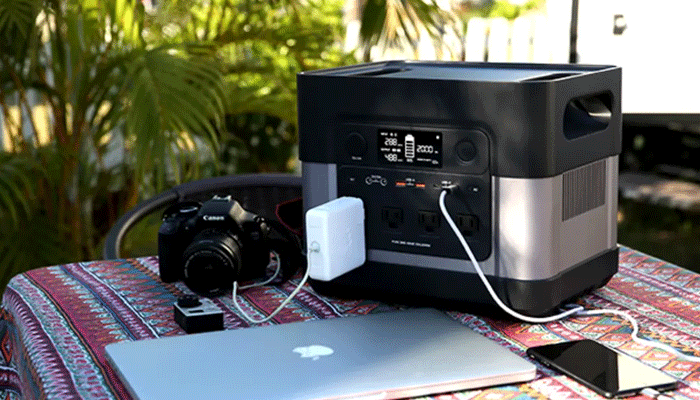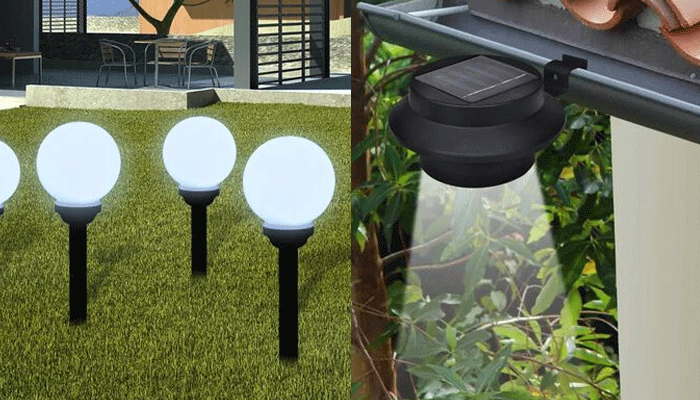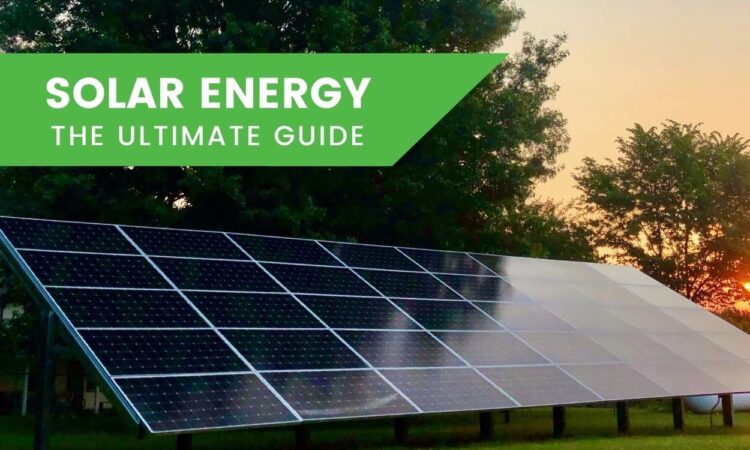
Before installing solar panel, there are several important considerations that you need to make. These include getting a building permit, purchasing the right equipment, and ensuring that you get a warranty. If you’re planning to install solar panels on the roof of your home, you should also consider purchasing battery storage.
It Requires a Ladder
The solar industry isn’t completely compliant with OSHA ladder safety regulations. The standard solar panel ladder climb involves two points of contact, a constant off-balance, and constant prayer that the wind doesn’t blow. Ladder safety isn’t the fault of solar installers, but it’s important to use proper safety measures when installing solar panels on the roof.
First, solar energy installers must determine the safety of the worksite. A detailed worksite plan is necessary to ensure that no hazards will arise during the installation process. In addition, the solar energy installer should ensure that all safety equipment is working properly. It’s also important to select the right type of ladder for the site. When choosing a ladder for the job, make sure it extends at least three feet above the worker.
It Requires a Warranty
A warranty protects your investment for as long as the panels are in good condition and the installation was done properly. It also covers any problems with the system, such as improper placement or mishandling. Make sure to read the details of the warranty before signing it. This will help ensure that the system will be working as expected for many years.
Solar manufacturers typically offer a warranty for their products. Most of these warranties cover product defects and normal wear and tear. However, they do not cover failures related to heat, humidity, or solder bond failures. A warranty for solar panels is especially important if the installation was not done properly. It is critical that the racking system supports the wind loads of the project site and is installed correctly to prevent damage to the panels. It is also crucial to choose an installer with a warranty in place.
A solar panel warranty will differ depending on the manufacturer and type of solar panel. The industry standard for Tier 1 solar panel manufacturers is a 25-year performance warranty. Most manufacturers will also offer a workmanship warranty. While a workmanship warranty is generally shorter, you should still read and understand the warranty’s terms and conditions before you purchase a solar panel.
Covers with Effectiveness
Most warranties are transferable from one home to another. However, some manufacturers only provide a warranty for the original purchaser. As such, you should always ask your manufacturer if your warranty is transferable. If the warranty is transferable, you can include it in the price of your home or transfer it to a new homeowner.
Another benefit of a warranty is that it covers the effectiveness of the product. The average solar panel production value decreases over time, so it is important to have an installation warranty. The warranty should cover you in the case that your solar panel’s malfunction or are damaged. If you want to take advantage of the warranty, make sure you find a company with a good reputation and references.
If the warranty does not cover any costs, it may not be worth the purchase. Many solar panels will lose their value over time, but this loss is slow, usually about 0.5% to 1% a year. You can purchase a warranty for the entire lifetime of your panels. Some solar panels even offer a performance warranty. The warranty will cover the panels’ depreciation if they stop working after a few years.
There are several ways to get discounts at Evo.com Promo Codes, including signing up for the Evo email list. These emails will be filled with exclusive deals and sales from Evo. Alternatively, you can check for updates via the company’s social media channels. You can also ask customer service for discounts and coupons by contacting them via email or live chat.
It Requires Battery Storage
In addition to being an eco-friendly option, solar energy storage can also lower utility bills. It allows you to avoid the demand charges and time-of-use rates that are sometimes associated with electricity. It can also help you avoid rate hikes and inflation. Furthermore, using solar batteries to store electricity increases the resiliency of your solar energy system. If there is a power outage, your battery storage system will help you continue using electricity.
Batteries are the most common way to store solar energy. They work by storing solar energy in a chemical reaction that reverses when the battery is drained. However, new technologies are emerging that promise to create cheaper and more efficient battery storage systems. If you’re on a budget, look no further than 4wd Supacentre Discount Codes.
Reduce Utility Bills
Installing solar panels and battery storage at the same time can help reduce utility bills. However, homeowners must remember that time-of-use rates and demand charges may reduce savings. The average residential utility consumer in the U.S. That means an average battery system needs to store 27,284 amp-hours of electricity. That’s about the same as the capacity of about 600 standard cars.
If you’re looking for more affordable solar panels, use the Sports & Outdoors Promotional Codes. Residential solar battery installation costs can range from $7,000 to $14,000 for a lithium-ion battery. The price also depends on the size of the battery you need, how many batteries you need, and whether you need to make electrical upgrades.
The location of the battery is vital. Some households may need dedicated enclosures or covers to keep the battery from extreme weather conditions and direct sunlight. These conditions can lead to overheating and shutdown of the battery. Additionally, improperly installed batteries may void your warranty. If you want to avoid these potential problems, consult with your solar contractor.
Conclusion
You should choose a battery that is compatible with your solar system. While most batteries are compatible, you should avoid using two different battery types. You may also need a new solar panel and a battery inverter if you decide to add battery storage.



